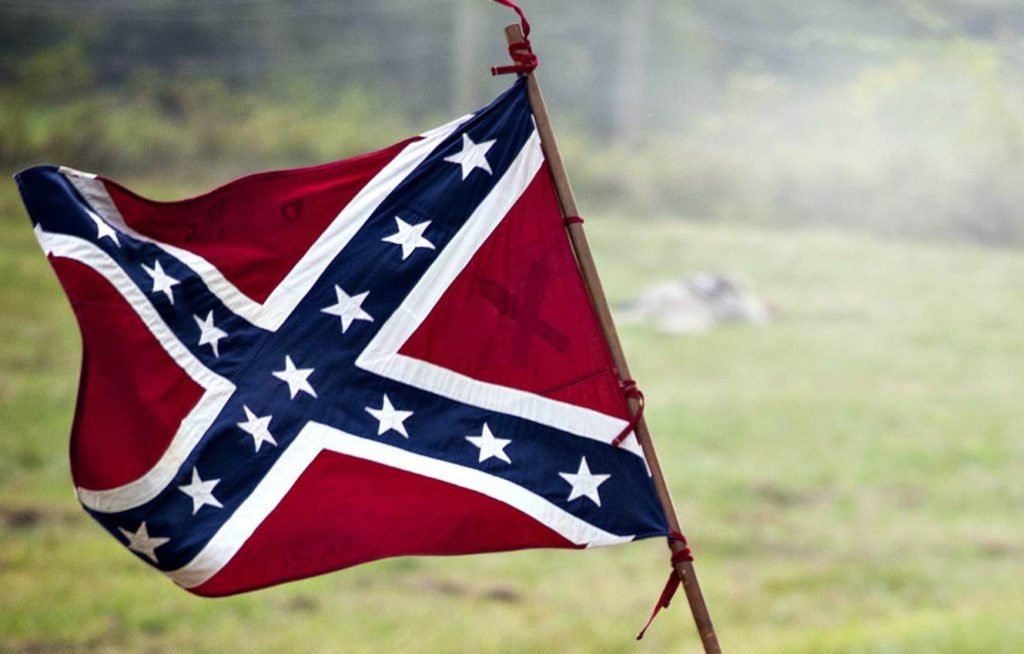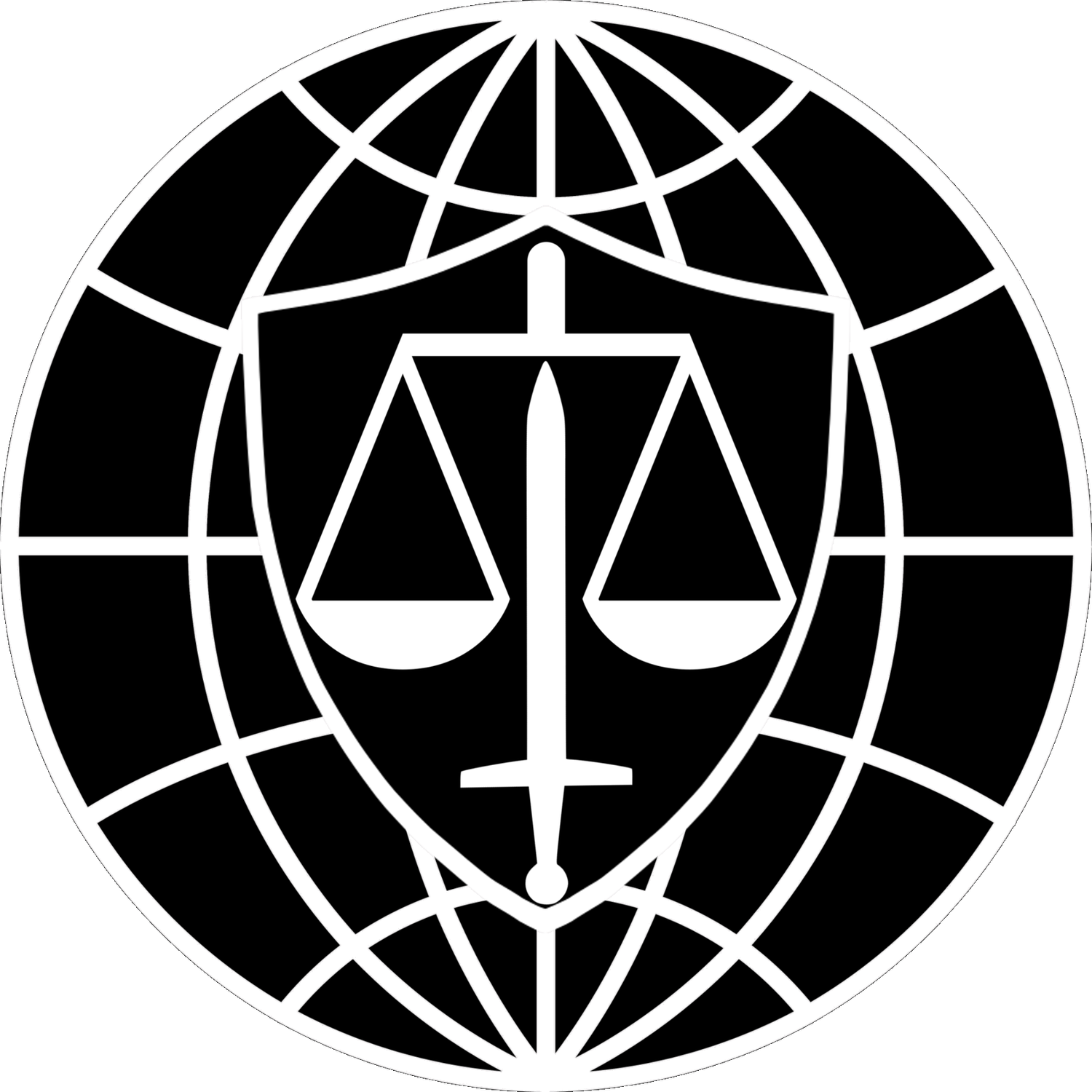
Treason
Date of Information: 03/13/2025
Please check back soon, as this page is actively under development.
What is a “Treason?”
Webster’s Dictionary defines “treason” as 1: the offense of attempting by overt acts to overthrow the government of the state to which the offender owes allegiance or to kill or personally injure the sovereign or the sovereign's family; 2: the betrayal of a trust: TREACHERY.
However, those definitions are too vague to be a workable legal standard. In fact, the Founding Fathers were particularly concerned with the word “treason” being ill-defined. English history had been replete with periods when kings and queens used “treason” to dispose of anyone or anything that did not suit their prerogatives. For that reason, they wrote the operative definition of “treason” right into the Consitution:
Article III, Section 3, Clause 1: Treason against the United States, shall consist only in levying War against them, or in adhering to their Enemies, giving them Aid and Comfort. No Person shall be convicted of Treason unless on the testimony of two Witnesses to the same overt Act, or on Confession in open Court.
Other Helpful Resources:
See Also:
CIL Guide to the Circumvention of Lawful Pathways Rule

